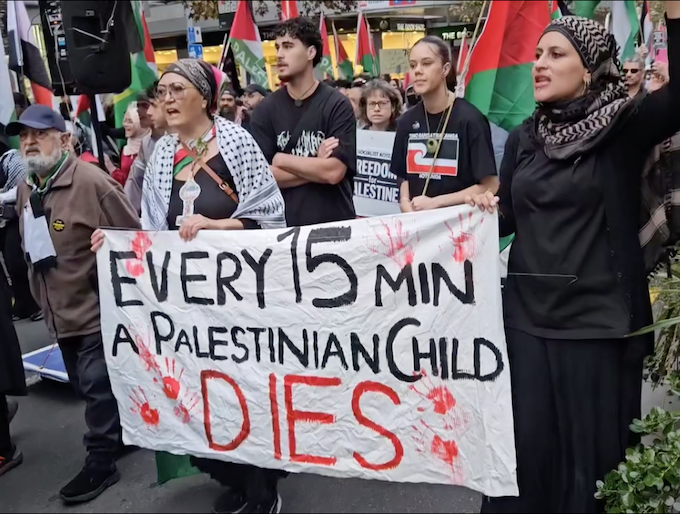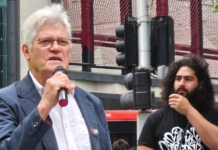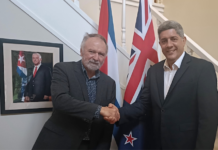
The UN General Assembly has voted overwhelmingly to grant Palestine new rights and privileges, calling on the Security Council to reconsider its bid for full UN membership, reports TrimFeed.
The resolution on Friday was opposed by the US, Israel, and seven other countries — four of them island nations from the Pacific — citing concerns over direct negotiations and a two-state solution.
Papua New Guinea, Federated States of Micronesia and Palau were among the countries voting against Palestine.
- READ MORE: How the countries voted on the UN Palestine resolution
- Fiji’s position over Israeli war on Gaza – international blunder or a domestic strategy?
/trim-feed/media/media_files/fe79bbd16c91ffaa9898b5db7700045c9b205b742c4fbc9783af6ef130ba1c4d.jpg)
The UN General Assembly called on the Security Council to reconsider Palestine’s request to become the 194th member of the United Nations.
The overwhelming vote in favour by 143-9, with 25 abstentions, reflects wide global support for full membership of Palestine in the world body.
The outcome of this vote has significant implications for the Israel-Palestine conflict, as it may influence the trajectory of future negotiations and the prospects for a two-state solution.
Furthermore, the level of international support for Palestinian statehood may impact on the balance of power in the region and beyond.
Fiji, Vanuatu, and Marshall Islands were among the countries that abstained from the vote, alongside the United States, Israel, Argentina, Czechia, Hungary, Micronesia, Nauru, Palau, and Papua New Guinea voting against.
US will veto statehood
The US has made clear that it would block Palestinian membership and statehood until direct negotiations with Israel resolve key issues and lead to a two-state solution.
The vote comes amid escalating violence and rising death tolls on the Palestinian people — more than 35,000 have been killed and almost 79,000 wounded in the War on Gaza
Many countries have expressed outrage at the situation and fears of a major Israeli ground offensive in Rafah.
Riyad Mansour, the Palestinian UN Ambassador, delivered an emotional speech, saying, “No words can capture what such loss and trauma signifies for Palestinians, their families, communities, and for our nation as a whole.”
Israel’s UN Ambassador Gilad Erdan vehemently opposed the resolution, accusing UN member nations of not mentioning Hamas’ October 7 attack that killed 1139 people and he shredded a copy of the UN charter in protest.
US Deputy Ambassador Robert Wood said: “For the US to support Palestinian statehood, direct negotiations must guarantee Israel’s security and future as a democratic Jewish state, and that Palestinians can live in peace in a state of their own.”
While the resolution grants Palestine some new rights and privileges, it reaffirms that it remains a non-member observer state without full UN membership and voting rights in the General Assembly.
Humanitarian ceasefire vote
Palestine became a UN non-member observer state in 2012. The United States vetoed a widely-backed council resolution on April 18 that would have paved the way for full United Nations membership for Palestine.
The General Assembly’s vote calling for a humanitarian ceasefire in Gaza on October 27 and the ongoing violence underscore the urgent need for a resolution to the long-standing crisis.
As the international community remains divided on the issue of Palestinian statehood, the path to lasting peace remains uncertain.
Republished from TrimFeed.











































